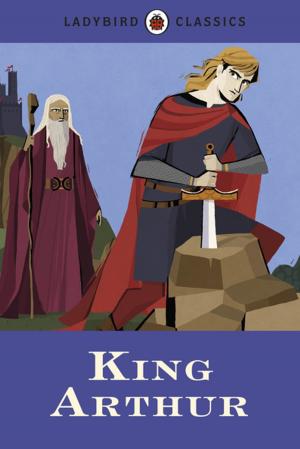| Author: | Wolfram Eschenbach | ISBN: | 9780141394749 |
| Publisher: | Penguin Books Ltd | Publication: | December 5, 2013 |
| Imprint: | Penguin | Language: | English |
| Author: | Wolfram Eschenbach |
| ISBN: | 9780141394749 |
| Publisher: | Penguin Books Ltd |
| Publication: | December 5, 2013 |
| Imprint: | Penguin |
| Language: | English |
Wolfram von Eschenbach (fl. c. 1195-1225), best known as the author of Parzival, based Willehalm, his epic poem of military prowess and courtly love, on the style and subject matter of an Old French "chanson de geste."
In it he tells of the love of Willehalm for Giburc, a Saracen woman converted to Christianity, and its consequences. Seeking revenge for the insult to their faith, her relatives initiate a religious war but are finally routed. Wolfram's description of the two battles of Alischanz, with their massive slaughter and loss of heroes, and of the exploits of Willehalm and the quasicomic Rennewart, well displays the violence and courtliness of the medieval knightly ideal. Wolfram flavors his brutal account, however, with tender scenes between the lovers, asides to his audience, sympathetic cameos of his characters--especially the women--and, most unusually for his time, a surprising tolerance for 'pagans'.
Wolfram von Eschenbach (fl. c. 1195-1225), best known as the author of Parzival, based Willehalm, his epic poem of military prowess and courtly love, on the style and subject matter of an Old French "chanson de geste."
In it he tells of the love of Willehalm for Giburc, a Saracen woman converted to Christianity, and its consequences. Seeking revenge for the insult to their faith, her relatives initiate a religious war but are finally routed. Wolfram's description of the two battles of Alischanz, with their massive slaughter and loss of heroes, and of the exploits of Willehalm and the quasicomic Rennewart, well displays the violence and courtliness of the medieval knightly ideal. Wolfram flavors his brutal account, however, with tender scenes between the lovers, asides to his audience, sympathetic cameos of his characters--especially the women--and, most unusually for his time, a surprising tolerance for 'pagans'.















